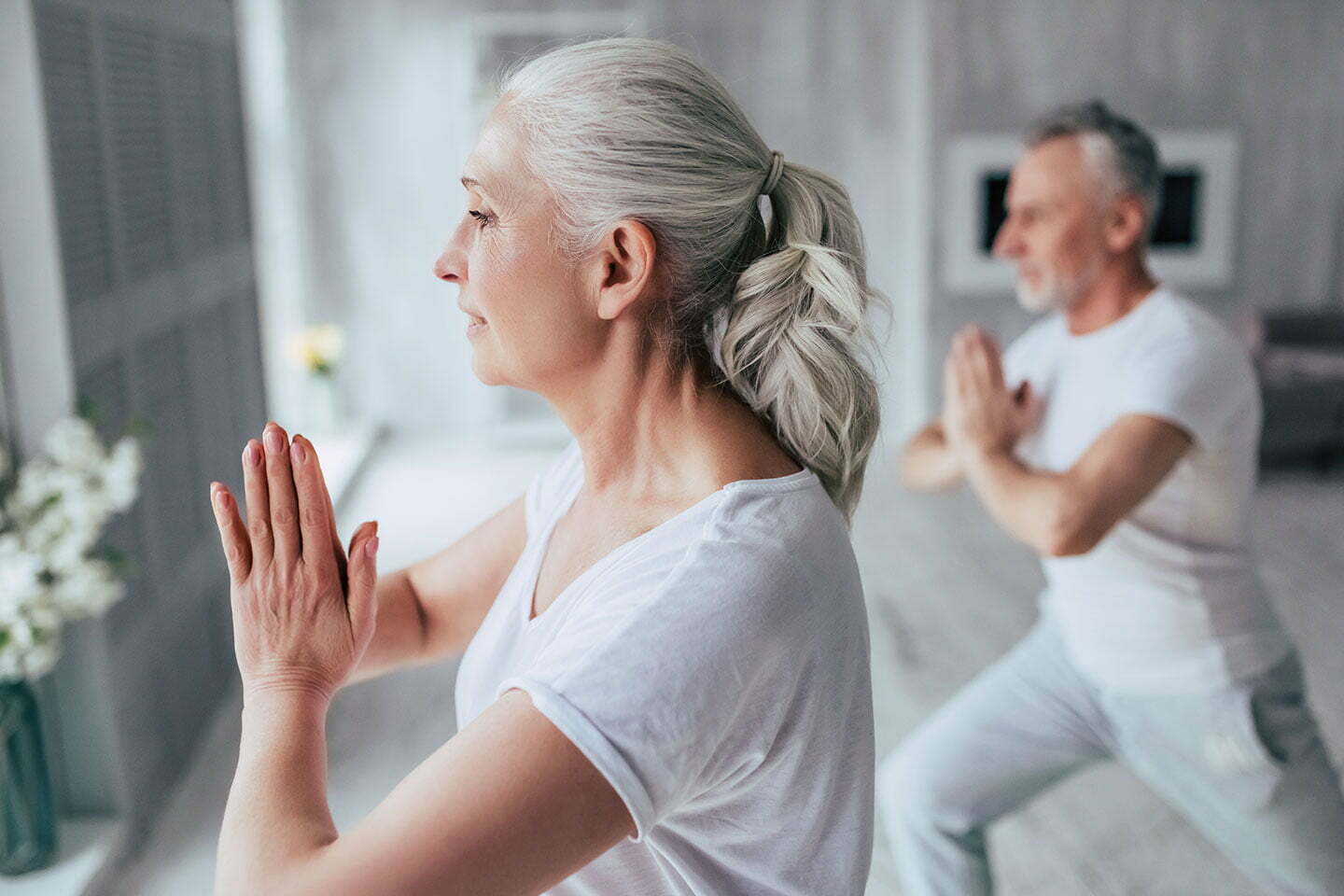
Growing up, there isn’t a ton of emphasis on your bones. Besides those classic Got Milk commercials, do you remember being taught the importance of keeping your skeletal system healthy? After all, it protects your organs, anchors your muscles, and allows you to run, jump, lift laundry baskets, and more.
Beyond getting buff, eating right and exercise is what help you maintain your lifestyle well into your old age. Two 70-year-old patients could seem decades apart if one held a healthy lifestyle while the other was more sedentary and didn’t pay attention to the nutrients they gave their body.
Just like you have to do some personal hygiene upkeep, you should consider your bones too. If you want your future self to thank you, read on for our 10 tips to keep the skeletal system healthy.
10 Ways to Keep the Skeletal System Healthy
If you’re under 30, you still have time to reach peak bone mass. This is crucial because once your body breaks down more bone than it rebuilds, you begin the decline process. If this happens too quickly, as it does for over 2 million Canadians, you can develop osteoporosisf.
If you’re over 30, that doesn’t mean you’re out of hope. You can take on these tips to maintain your bone mass and give yourself the best chance for a healthy skeletal system.
1. Consume enough calcium.
Calcium is the key ingredient to healthy bones since it’s the main mineral they’re made of. You’ll want to consume between 1,000mg-1,300mg per day, depending on your age and gender. There is plenty of calcium in dairy products, but that’s not very helpful for vegans. Here are some other sources you may not have thought of:
- Chia seeds
- Soy milk
- Almonds
- Broccoli
- Sweet potatoes
2. Pay attention to Vitamin D.
What they didn’t mention in the milk commercials is that Vitamin D is its partner in crime. It helps your body absorb calcium. Believe it or not, over 1 billion people have a vitamin D deficiency. Studies have shown that when you’re vitamin D deficient, you tend to have lower bone density. You’ll want to drink vitamin D fortified juices, spend more time in the sun, get it from fatty fish, or take supplements to keep your bones healthy.
3. Don’t drink alcohol, and limit caffeine.
Alcohol has a long list of health risks, despite being a typical treat for many adults. However, if you’re focusing on bone health, you may want to limit your drinks or skip them altogether. Alcohol leaches calcium out of your body, preventing it from properly absorbing the nutrient.
Also - don’t shoot the messenger, but this is the case for caffeine too.
4. Incorporate strength-based exercises.
High-impact exercises that allow your bones to absorb some force are great for strengthening them. Basically, if they’re fighting gravity, it’s probably helpful. That’s why you’ll hear about astronauts being prone to low bone density - they don’t experience any gravity! Some of these exercises include:
- Running
- Jumping jacks
- Resistance training
- Training with weights
- Dancing
5. Include flexibility training
Not only do you want to be strong, but you want your bones to be flexible. They should have a little bend to them, but you don’t want to overdo it. Yoga and Tai Chi are great balance and flexibility options that can help prevent a fall and teach your bones to be a little more bendy.
6. Refrain from smoking
Smoking isn’t great for plenty of reasons. Besides staining your teeth and fingernails, acting as a #1 cause of lung cancer, and making your body more susceptible to other terrible health conditions and diseases - it also doesn’t do any good for your bones. You want to have good blood circulation to keep your skeletal system healthy. Smoking reduces the blood supply and, therefore, should be avoided altogether.
7. Skip the crash dieting
Consuming less calories than usual may seem like a sure way to lose some weight. While this may be a goal, you want to do it slowly and intentionally. By crash dieting and having fewer calories than you should (2,000 for women and 2,500 for men), your metabolism slows down, you feel more hungry, and your bones lose density. In a 4 month study, women who consumed less than 1,000 lost bone density, despite incorporating resistance training into their daily routine.
8. Eat your veggies, just like your parents told you.
There are tons of body-benefiting minerals in vegetables, including some that boost your bones. Many of them have sources of vitamin C that stimulate bone-forming cells to get to work. Some studies even suggest it can protect the bone cells from damage. Many of them also contain calcium, especially the dark green leafy ones.
9. Consume enough protein
Protein is a fantastic energy source, but too much of it can decrease calcium absorption in your bones. You’ll want a healthy balance that keeps them strong, since 50% of your bones are made of protein, without causing accelerated bone breakdown. You should aim for 100g and balance that with vegetables and calcium-rich food.
10. Introduce low-intensity vibrations
NASA and the National Institute of Health were looking for a solution to bone density loss, especially for their astronauts. They wanted to support them and found a fantastic solution that naturally improves muscle strength and bone health. By standing on a low-intensity vibration device for 10 minutes a day, you will:
- Stimulate blood circulation & lymphatic flow.
- Relieve aches and pains.
- Build muscle strength and mass in your legs.
- Improve balance, coordination, & postural control.
- Speed up your bone growth after an operation.
- Improve bone health.
Our bones are crucial to our bodies. You already know that - but do you do anything for them? If you’re trying to maintain a healthy lifestyle that will allow you to enjoy every moment, focusing on your bone health with the rest of your approach is essential. To get a low-intensity vibration device delivered to your door to help boost your bone health, contact our team to get more information.
Have you ever thought about how you keep your skeleton healthy? What was something new you learned from this article? What will you be incorporating into your lifestyle? Share your thoughts with our readers that want to keep their bones strong.
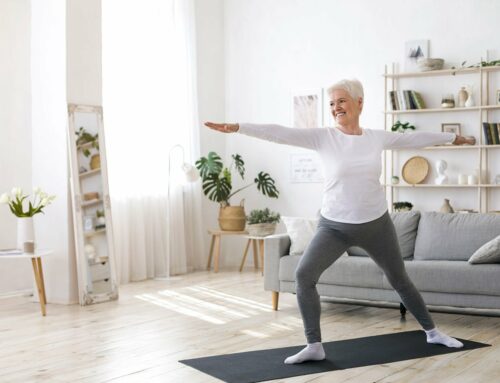
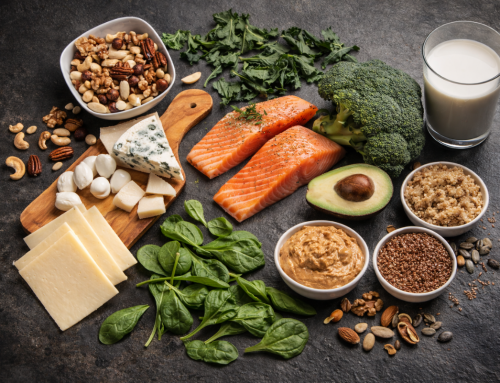
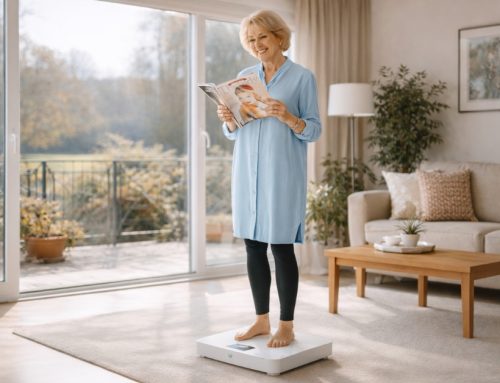
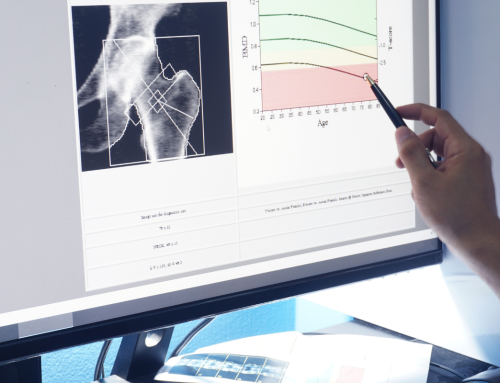
 Black Friday → Christmas Sale! Save $300 + Free Shipping
Black Friday → Christmas Sale! Save $300 + Free Shipping 